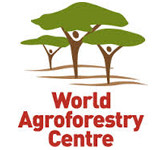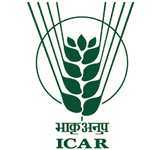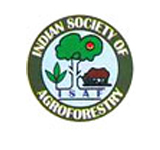
Vigyan Bhavan & Kempinski Ambience
10 - 14 February 2014
Delhi, India
blog
In a report titled ‘Sick Water? the central role of wastewater management in sustainable development,’ the UN points out that a staggering 80 to 90 percent of all wastewater generated in developing countries is discharged directly into surface-water bodies, where it poses hazards to human health and the environment.
But researchers say there is a way out, using trees. Dr Paramjit Singh Minhas, director of the National Institute of Abiotic Stress Management and co-authors will present a paper at the World Congress on Agroforestry titled ‘Potential of tree plantations for wastewater disposal: Long term use in Eucalyptus.’ The researchers argue that trees with high transpiration rate (‘thirsty’ trees) such as eucalyptus can be easily used to clean the environment of wastewater. The trees grown in wastewater will also produce fuelwood and timber for income generation, and as well sequester carbon from the atmosphere. Eucalyptus have long been blamed for their ‘thirst’ for ground water, owing to their long tap roots, and there is scientific evidence that the species could dry up water bodies.
For instance, a recent study titled ‘Local knowledge of the impacts of eucalyptus expansion on water security in the Ethiopian highlands’ found increased water stress from unplanned eucalyptus expansion, among other factors. But these tall trees native to Australia are arguably among the most commercially viable species. They grow fast, quickly amassing biomass that is important for fuelwood production, timber and carbon banking. Minhas and colleagues point out that when grown using wastewater, eucalyptus plantations can remove toxic metals, since the trees are known to sequester, tolerate and accumulate high levels of various heavy metals.
According to the scientists, developing ‘green belts’ around cities with forest trees under wastewater irrigation will also help revive the ecological balance and improve the environment. The researchers term these agroforestry systems ‘High Transpiration Rate Systems (HRTS)’ for the treatment of wastewater. “Adoption of agro-forestry systems further reduce the farmer’s direct contact with and exposure to sewage, and carbon sequestration is an additional bonus,” say the researchers.
By Isaiah Esipisu







One Person has left comments on this post
This has already proved to be a biodrainge. Good attempt sir